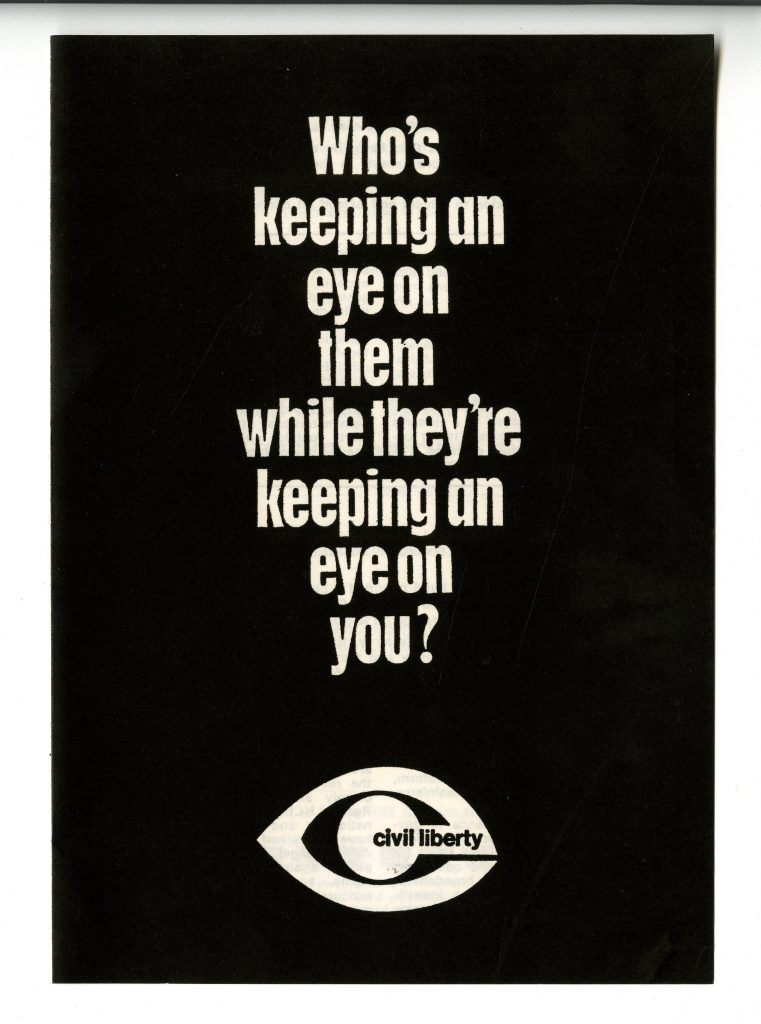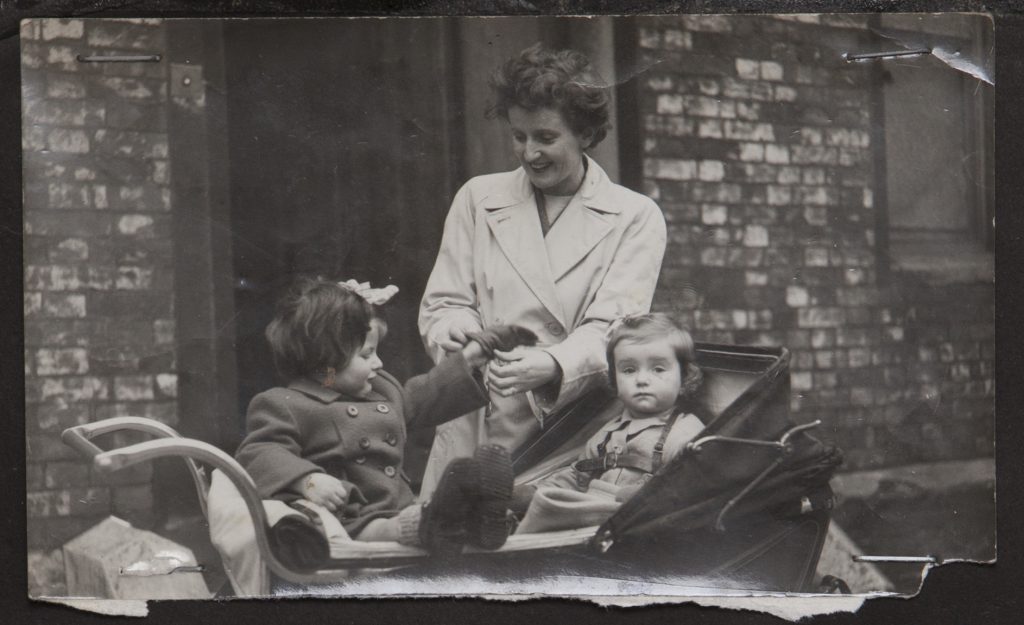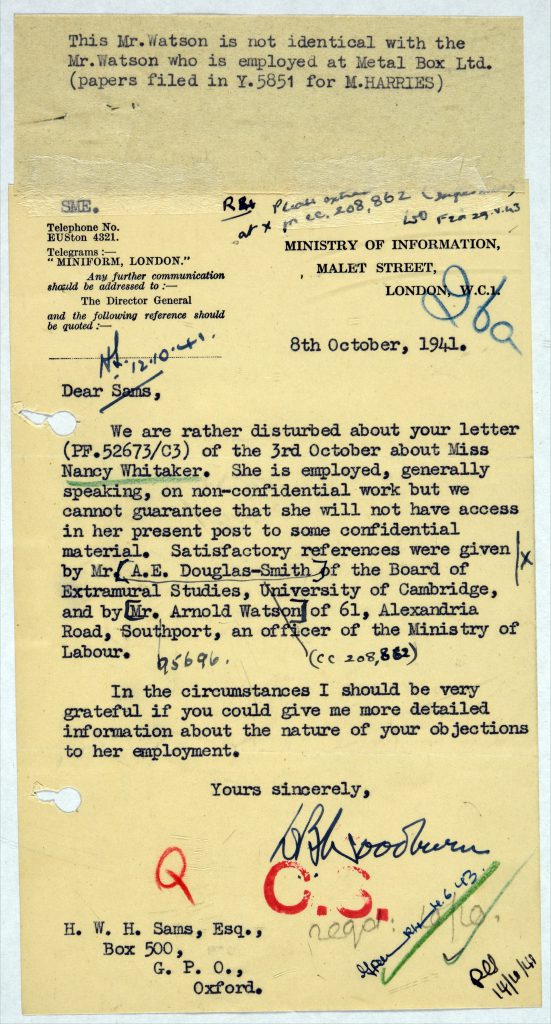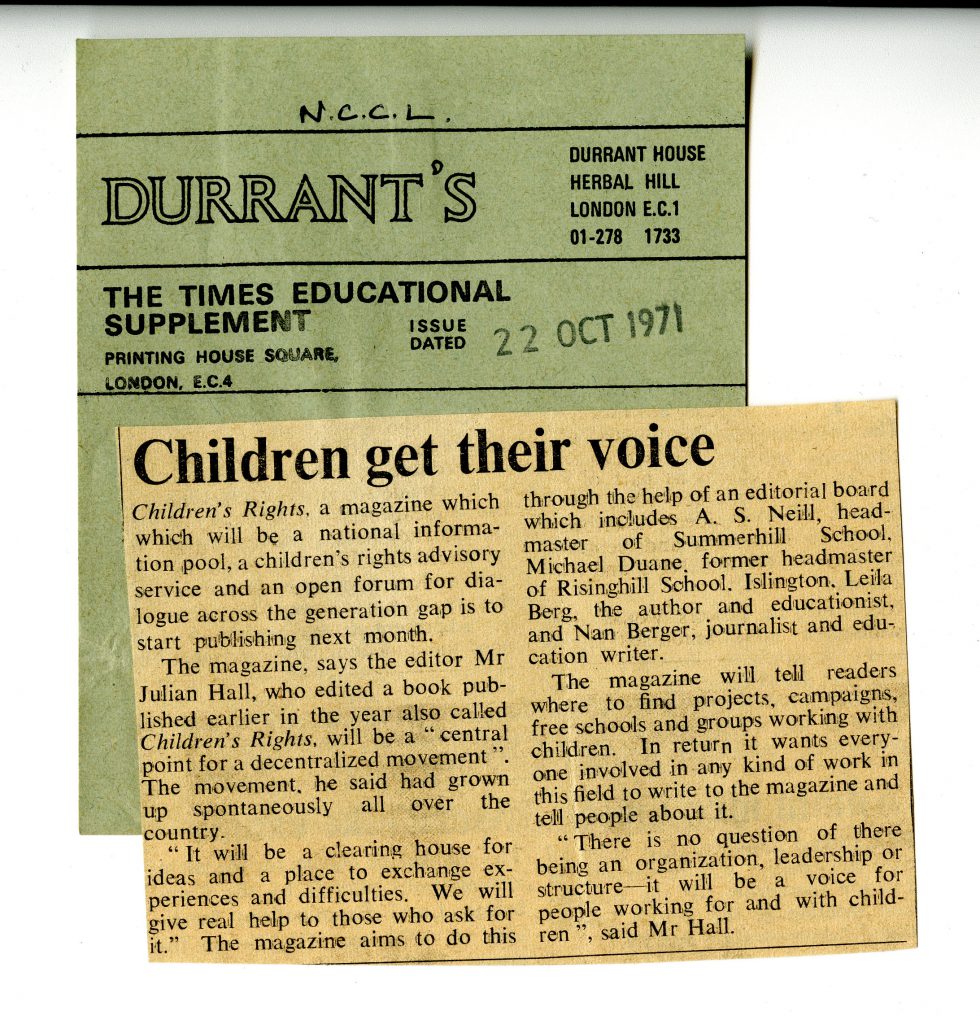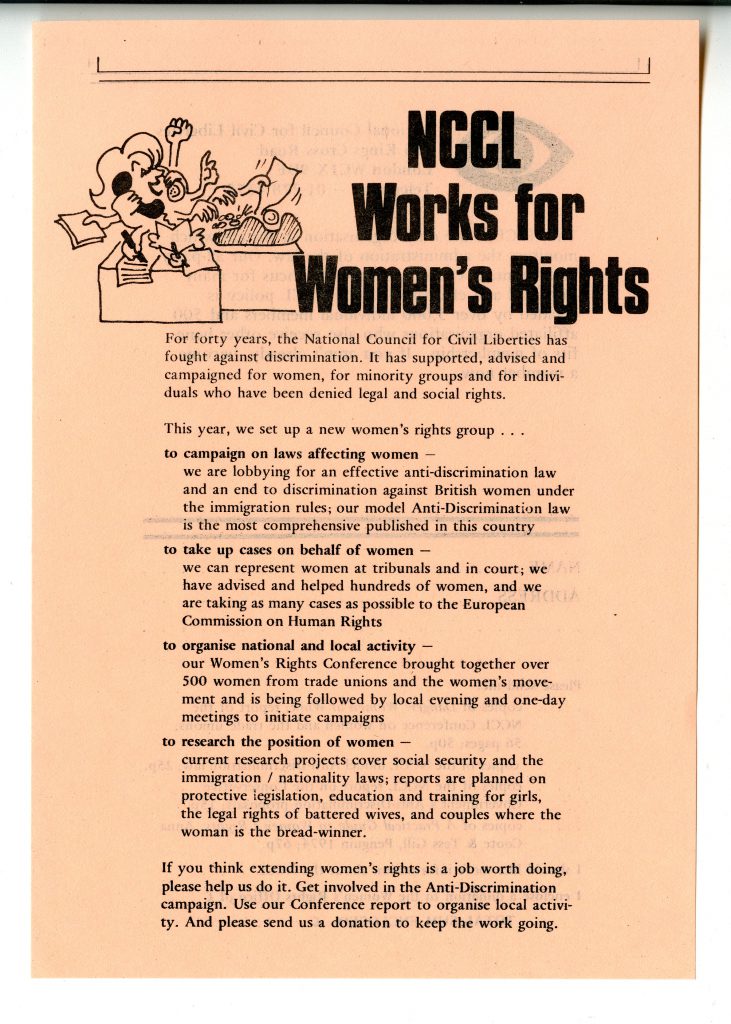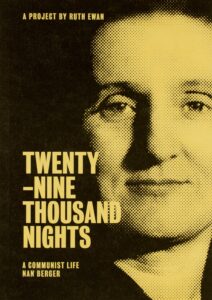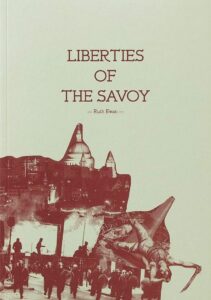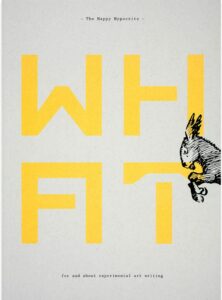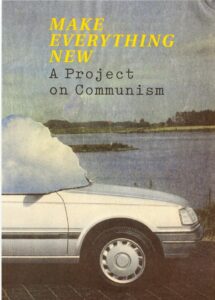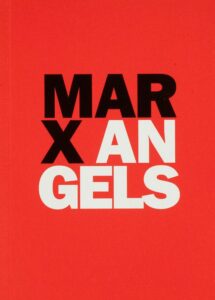Blog Post 1: Ruth Ewan finds the Warm Heart of Communism
Published in the centenary year of the Russian Revolution, Ruth Ewan’s project unearths the radical activities of Nan Berger, through her involvement in the Communist Party, anti-fascist action, the National Council for Civil Liberties, and the anti-apartheid struggle.
Commissioned for Beyond Words, as part of the Freedom Festival in Hull, Ruth Ewan is an artist based in Glasgow, known for creating context specific artworks. She works with found material, history, collaborators and participants to realise her projects, which are often grounded in focused research into hidden social and political histories.
Ruth found Nan Berger’s previously unpublished manuscript Twenty-Thousand Nights in The Women’s Library Collection at the London School of Economics, alongside articles, photographs, and numerous delegates reports. Further material was found in the Liberty Archive at the Hull History Centre, as well as the MI5 files sourced from the National Archives in Kew, and the family archives held by her daughter Vicki Berger. The modesty of the biography – its incompleteness or partial history – is countered by the evidence of Nan Berger’s activity and commitment that fill the missing gaps in the biography: as a writer and activist, publishing a number of books, reports and briefings on children’s rights and education, a pioneering book on feminism, delegated trips to China and the remarkable trip to South Africa to tour the country with anti-apartheid activist Helen Joseph. Under surveillance by MI5 from 1936 when she joined the Communist Party, the records reveal constant surveillance until 1955, from which date records are no longer accessible. The surveillance turns to state intervention when her job at the Bank of England in 1941 is quickly terminated – not for organising a ‘committee’ to represent the temporary clerks at the bank, but for membership of the Party. In spite of this intervention and in one of the more bizarre twists in her life story, she finds work in the Ministry of Information and later in the Ministry of Fuel and Power, where she is honoured with an OBE.
Twenty–Nine Thousand Nights: A Communist Life tells a different story to the dominant narrative of Communism in the twentieth century. It shows how the Party emancipates and educates Berger from her bourgeois upbringing, through her involvement in workers struggles against fascism in Spain and the UK, giving insight into the activities of ordinary members during late thirties, the Second World War, and the post-war Labour government. Most importantly, it reveals the radical, passionate and compassionate voice that she developed for children’s rights, and education policies particularly the pioneering work on food and education and the commitment to free school meals, which remains a lasting legacy today.
